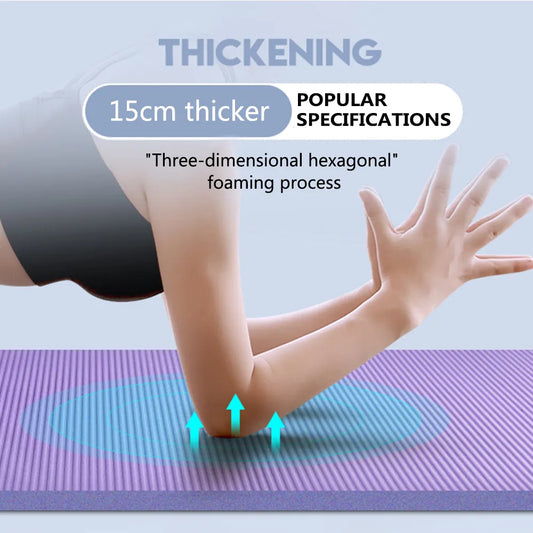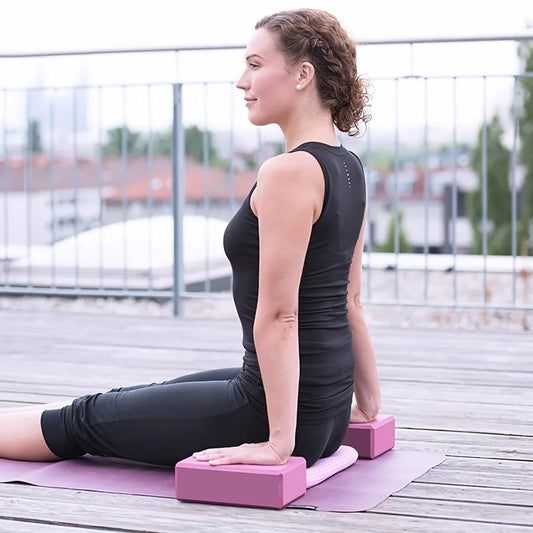Yoga can play a significant role in eating disorder recovery by promoting self-awareness, self-compassion, and mindful eating habits. Here's how yoga may have contributed to your recovery:
-
Mind-Body Connection: Yoga emphasizes the connection between the mind and body, encouraging individuals to tune into their physical sensations, emotions, and thoughts without judgment. Through yoga practice, you may have developed greater body awareness and acceptance, which is essential for healing from an eating disorder.
-
Cultivating Self-Compassion: Yoga fosters a compassionate and non-judgmental attitude toward oneself. As you practiced yoga, you may have learned to treat yourself with kindness and understanding, letting go of negative self-talk and perfectionistic tendencies often associated with eating disorders.
-
Stress Reduction: Yoga is known for its stress-reducing benefits, helping individuals manage anxiety, depression, and emotional distress. By practicing yoga regularly, you may have learned effective techniques for relaxation, breath awareness, and stress management, which are crucial skills in eating disorder recovery.
-
Emotional Regulation: Yoga provides a safe space to explore and process emotions in a supportive environment. Through yoga practice, you may have developed healthier coping mechanisms for dealing with difficult emotions and triggers, reducing the need for maladaptive behaviors related to disordered eating.
-
Building Strength and Resilience: The physical aspect of yoga builds strength, flexibility, and resilience in both body and mind. As you progressed in your yoga practice, you may have experienced a sense of empowerment, confidence, and self-efficacy, which are important factors in overcoming challenges associated with eating disorders.
-
Mindful Eating: Yoga encourages mindfulness in all aspects of life, including eating. Through mindful eating practices, you may have learned to savor and appreciate food, listen to your body's hunger and fullness cues, and make choices that nourish your body and support your well-being.
-
Community and Support: Participating in yoga classes or joining a yoga community can provide a sense of belonging, connection, and support during the recovery process. Being part of a supportive community of individuals who share similar experiences can be validating and empowering.
-
Spiritual Exploration: For some individuals, yoga offers a spiritual dimension that goes beyond physical postures. Engaging in practices such as meditation, chanting, or reflection may provide opportunities for spiritual growth, self-discovery, and inner peace, contributing to a holistic approach to recovery.
It's important to recognize that yoga is just one aspect of a comprehensive treatment plan for eating disorder recovery. It's essential to work with a multidisciplinary team of healthcare professionals, including therapists, dietitians, and medical providers, to address the physical, emotional, and psychological aspects of the disorder. Yoga can be a valuable tool and complement to traditional therapies, supporting your journey toward healing, self-discovery, and holistic well-being.




















